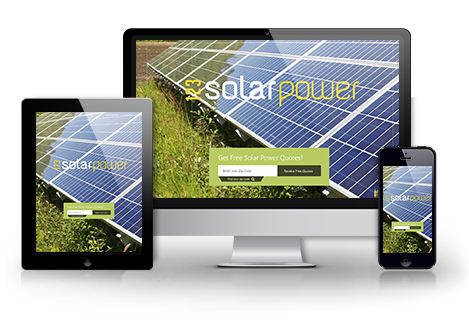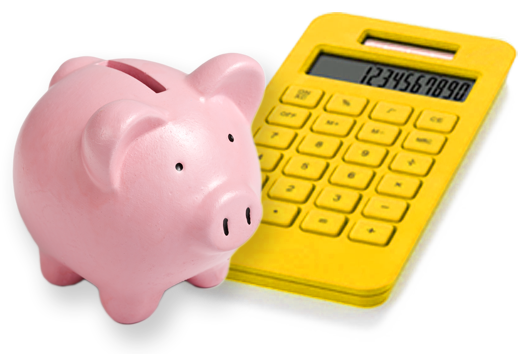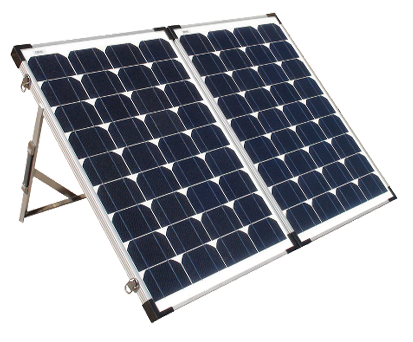Alaska Incentives
With hundreds of partners encompassing all of North America, 123SolarPower is the largest network of commercial and residential solar energy alternative providers to the U.S. and Canada. 123SolarPower has helped countless customers save money on their electrical usage by providing the best choices in alternative energy solutions. By utilizing solar energy, every customer is also doing their part in reducing air and water pollution and preserving natural resources.
Alaska is unique as a state in many ways. Being the largest and most sparsely populated state, many residents do not have access to a power grid. Homeowners who decided to buy residential solar power Alaska have made this decision out of necessity, rather than by incentives. In the southern areas of the state, daylight hours in the winter are limited to 6 hours, compared to the northern region where daylight in winter can be measured in minutes. Even in these sun stingy regions, solar users still attest to the benefits, especially as day length increases in the cold spring season.
Unlike most states, Alaska has not passed a mandate requiring a specific amount of energy be provided by renewable sources like wind and solar. Aside from the sparsely knit infrastructure, Alaska’s richness in non-renewable energy sources including natural gas, coal, and oil, makes the required quota on renewable energy such as solar panels Alaska, appear to lawmakers as less than cost effective. Fortunately some local utilities and the federal government do not view it that way and offer incentives to residents of Alaska to install generation methods for renewable sources of energy such as wind, photovoltaic systems, landfill gas, geothermal electric and more. In the recent years, the population of Anchorage has been receptive to the renewable sources of energy and there has been a solid increase of solar panels Anchorage throughout the area.
Golden Valley Electric Association has introduced the Sustainable Natural Alternative Power program (SNAP) which encourages members to hook up to the power grid by offering an incentive of up to $1.50 per kWh. The size of the generator system is limited to 25KW, which may seem small for a commercial facility but is substantial for a residence. This incentive is for primary power only, if you decide to buy home solar heating Alaska for example the incentive may be available, but it may not count towards a power backup generator system.
In addition the federal Energy Policy Act of 2005 offers a tax credit of 30% of the cost of a renewable energy system. This tax credit, filed with form 1040, is available to all residents that install a photovoltaic solar system and buy solar power Alaska. This is regardless if it is feeding power back to the utility or operating off grid, as an independent system. In Alaska where a large percentage of solar installations are used for residences or agriculture and operate alone or with portable sources, like diesel, liquid propane or coal, this is a significant incentive.
123SolarPower has energy alterative experts who are familiar with the widely varied sunlight availability in your area and know what it takes to install home solar panels Alaska. They are up to date with all of the latest solar technology including storage systems that can help take advantage of the longer day lengths. In a state where most rural residents pay up to five times more for energy than city folk, it only makes sense to take advantage of any option available, especially solar.
Help For All Alaska Residents
For information regarding solar alternatives for Alaska, simply fill out the form here at 123SolarPower and you will be contacted by a trained solar professional who can help show you how solar energy is right for residents of Alaska. Our solar experts are ready to provide you with a free solar installation quote Alaska and are happy to answer any of the questions you might have. Also, feel free to try our solar savings calculator Alaska that will help you calculate your potential savings today! If you prefer to speak to someone right away just pick up the phone and dial 800-293-2397.





